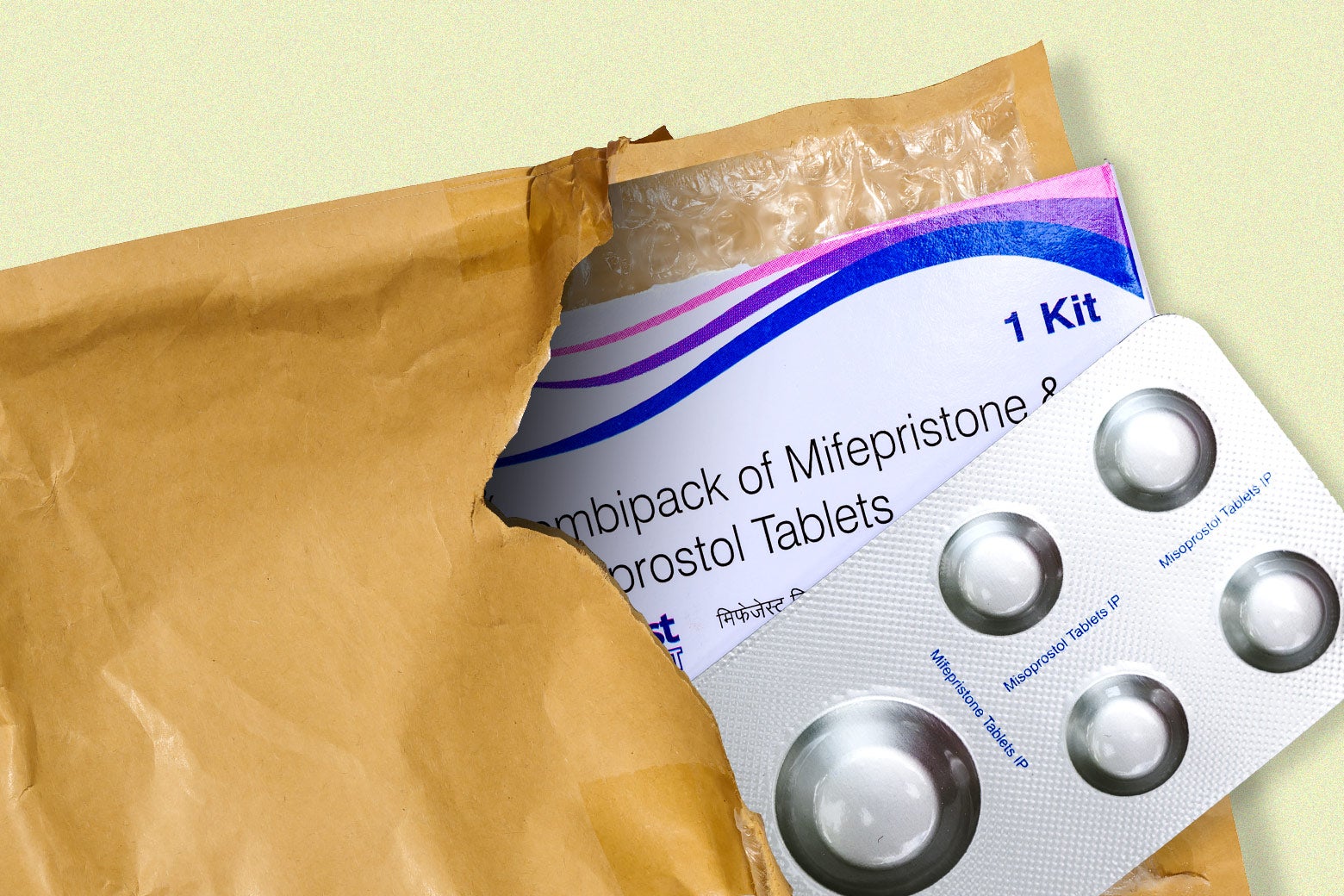Politics
Record Numbers of Non-Pregnant Individuals Ordering Abortion Medication

As the U.S. grapples with a dynamic and often contentious legal landscape surrounding abortion rights and reproductive health, an intriguing trend has emerged: people who are not currently pregnant are increasingly ordering abortion medication. This phenomenon, known as advance provision of medication abortion, reflects a proactive approach by individuals concerned about the potential future restrictions on abortion access. Since the Supreme Court’s reversal of Roe v. Wade in 2022, many have taken the precaution of obtaining abortion pills ahead of time, driven by anxiety over political and legal uncertainties.
Organizations like Aid Access have reported a dramatic surge in requests for these medications. Prior to the high-stakes political climate change brought about by the leak of the Dobbs v. Jackson Women’s Health Organization draft opinion, Aid Access received about 6,000 requests for advance provision. However, in the months following, requests skyrocketed to over 42,000—a staggering increase that reflects the growing unease surrounding reproductive rights.
Understanding the motivations behind this surge requires a closer look at the data and personal stories of those obtaining these pills. Many individuals expressed concerns about impending abortion bans in their states. With more than half of U.S. states imposing substantial restrictions on abortion, this precautionary measure serves as a safety net for people worried about losing their rights. Additionally, it has become apparent that many are becoming tech-savvy and resourceful, looking to establish a contingency plan, much like keeping a fire extinguisher in the kitchen.
A particularly compelling aspect of this trend involves those who, despite desiring to become parents, recognize the potential risks of pregnancy due to their medical histories. Many individuals undergoing fertility treatments or those aware of health complications are taking these precautions to ensure access to care if complications arise. The heightened awareness surrounding maternal health and pregnancy complications has prompted individuals to act decisively, ensuring they have the means to protect themselves should their circumstances change unexpectedly.
The concern is not unfounded. Reports have surfaced detailing how abortion bans have complicated medical care and delayed critical interventions for pregnant individuals. For example, legal disputes have arisen regarding physicians’ obligations under the Emergency Medical Treatment and Labor Act, highlighting a frightening reality where lifesaving care could be withheld due to restrictive laws.
These troubling trends underscore the state of reproductive rights and health access in the United States post-Dobbs. With the ongoing fears surrounding abortion access, advance provision of medication emerges as a crucial strategy for those wishing to navigate this uncertain terrain. The implications of this shift are significant, as the landscape continues to evolve, with many seeking to ensure their healthcare decisions remain in their own hands, regardless of the laws that may dictate otherwise.
